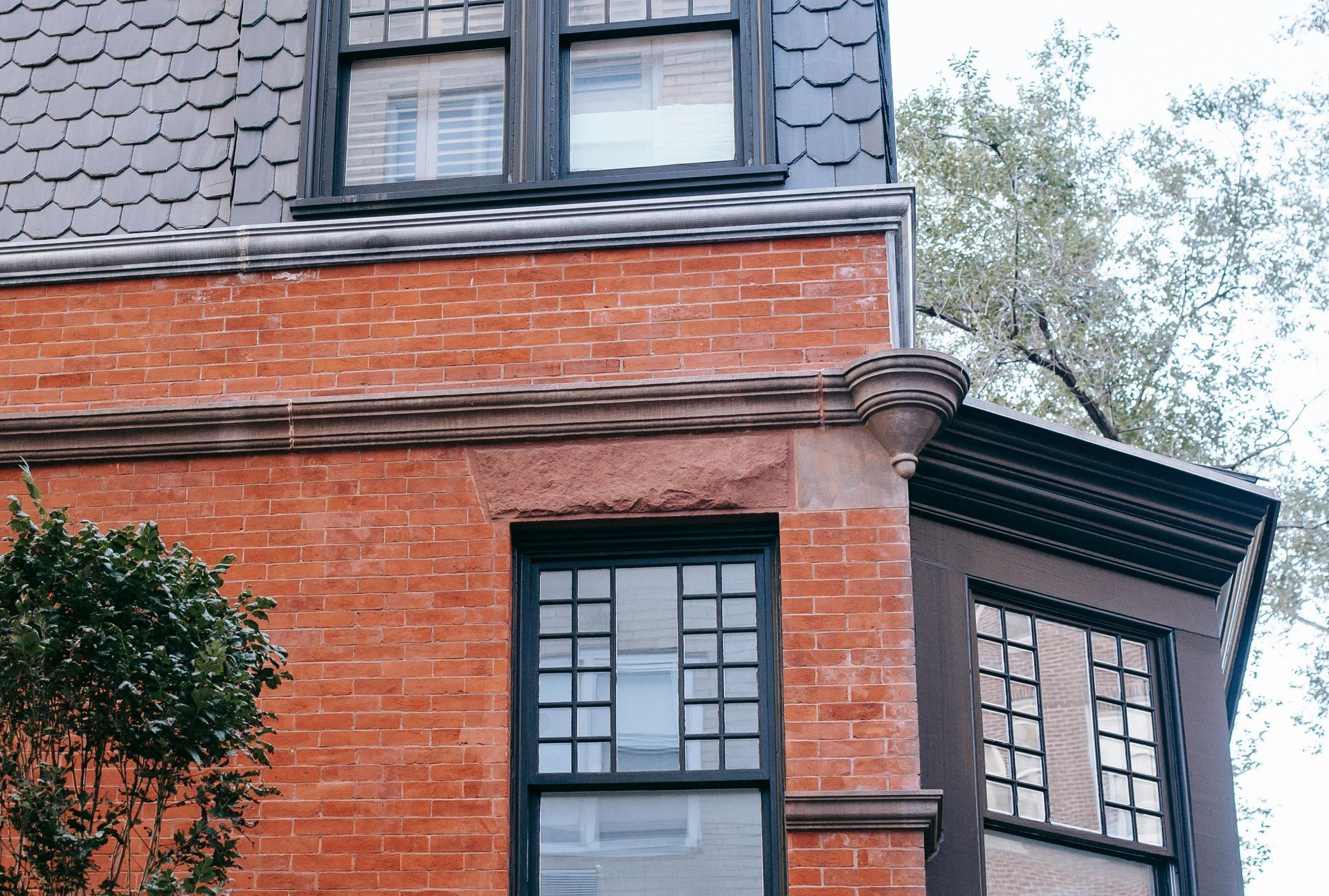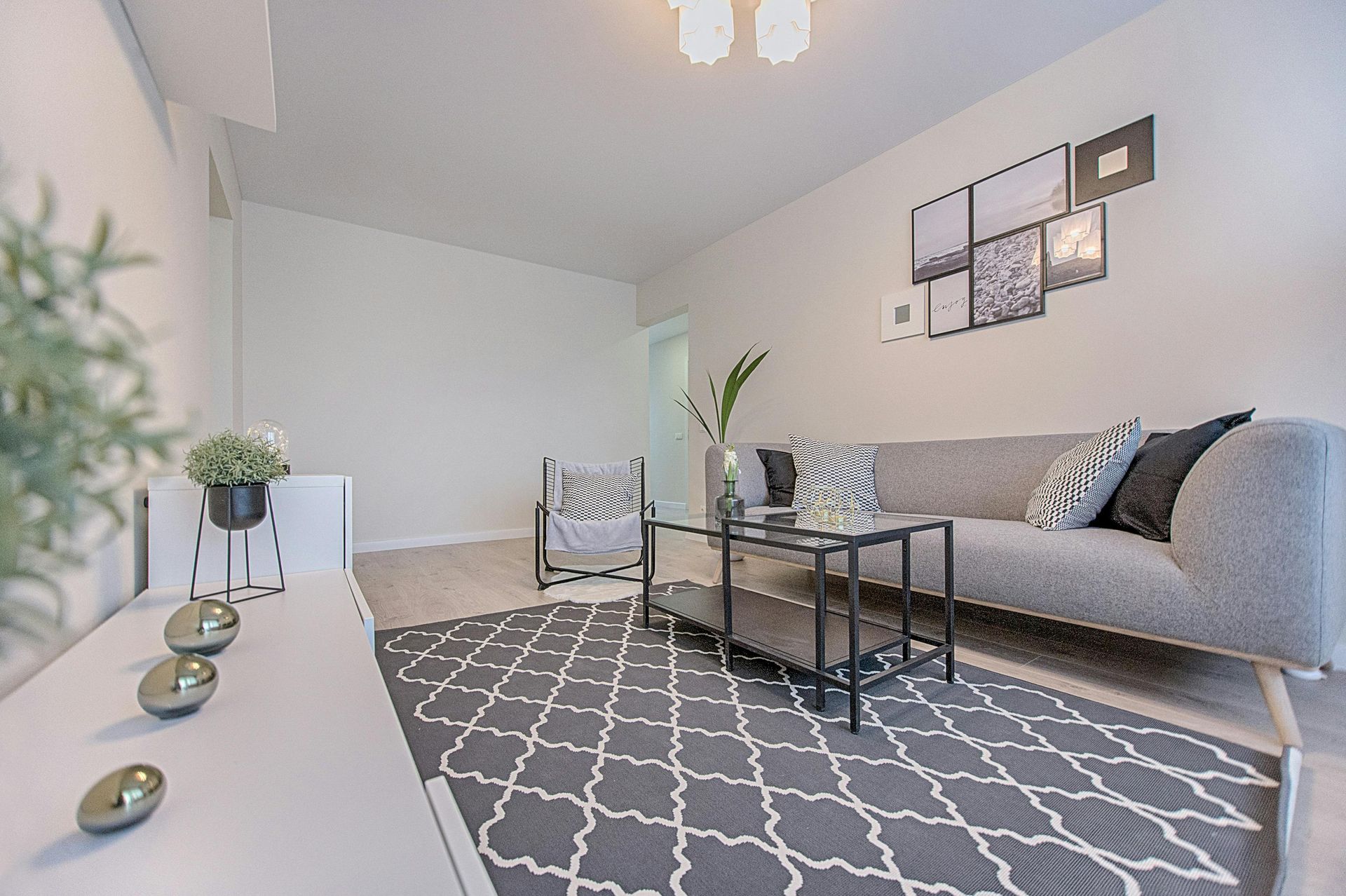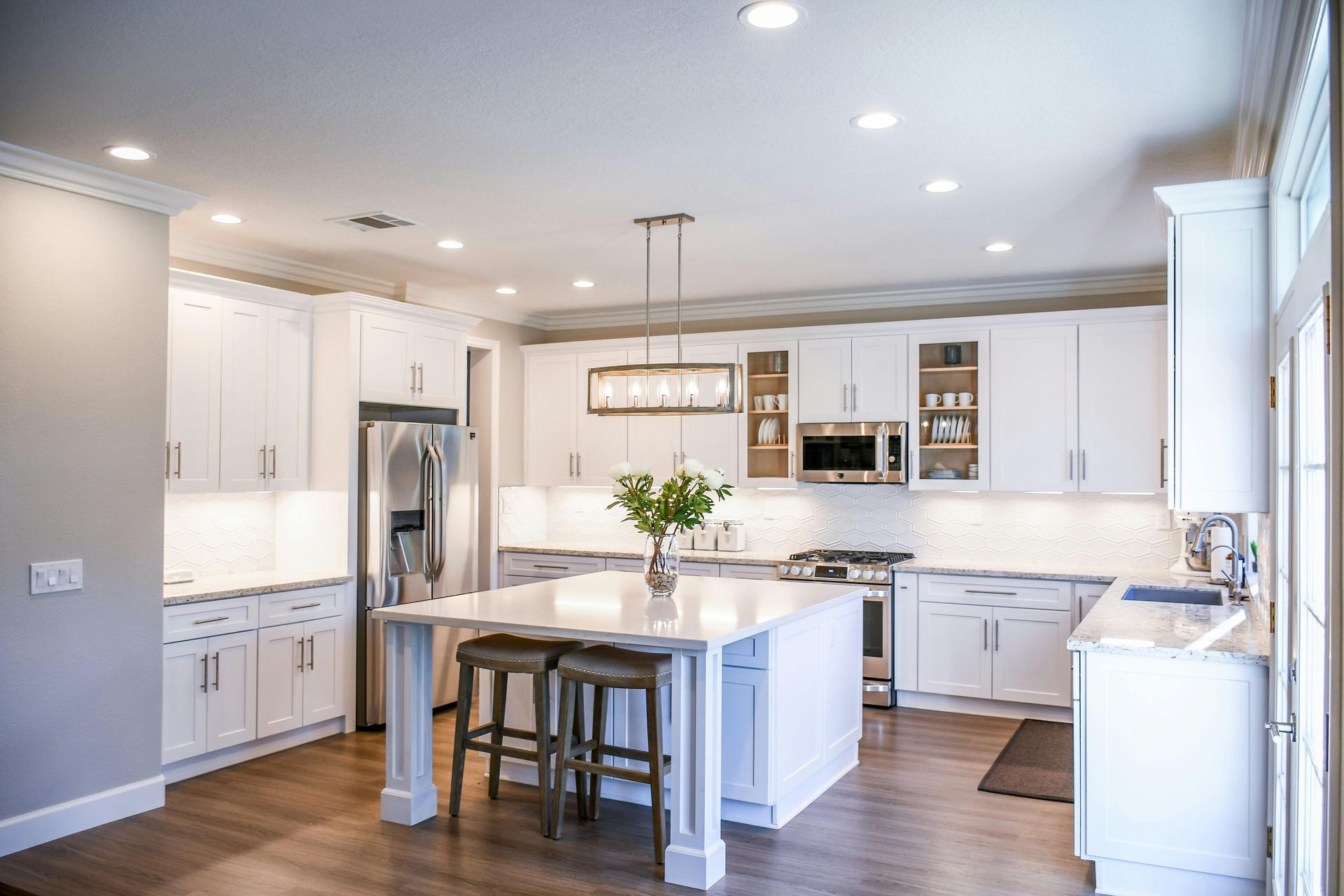Boarding Houses vs Residential Properties in NZ: What’s the Difference?
In New Zealand’s diverse rental market, both boarding houses and residential rental properties play important roles, but what exactly sets them apart? Whether you're a property investor weighing your next move or a tenant seeking the right fit, understanding the key differences, along with the pros and cons, can help you make smarter decisions.
Let’s break it down.
What is a Boarding House?
A boarding house is a property where six or more tenants, each with separate tenancy agreements, rent individual rooms and share common facilities like the kitchen, bathrooms, and sometimes the living area. These are often used to house single occupants, students, or those needing more affordable, short-to-medium term accommodation.
What is a Residential Rental Property?
A residential property refers to a standard rental – such as a house, apartment, or unit – typically leased to one household under a single tenancy agreement. This could be a family, couple, or flatmates who manage the rental together.
Pros and Cons: Boarding Houses
Pros
- Higher Yield Potential: Renting by the room can result in a higher cumulative rental income.
- High Demand in Certain Areas: Popular near universities, city centres, and industrial zones.
- Lower Entry Cost for Tenants: More affordable for individuals needing just a room, not an entire home.
- Flexible Tenancies: Rooms can be rented short or long-term, catering to various demographics.
Cons
- More Management Intensive: Multiple tenants mean more admin, communication, and potential disputes.
- Greater Regulatory Compliance: In addition to healthy homes compliance under the Residential Tenancies Act (RTA), boarding houses also require a (fire safety) Compliance Schedule and an annual Building Warrant of Fitness (BWoF) under the Building Act.
- Higher Wear and Tear: Shared spaces and more occupants often lead to quicker deterioration of property.
- Stigma or Misunderstanding: Some associate boarding houses with transience or lower standards, which can impact perception and resale.
Pros and Cons: Residential Properties
Pros
- Easier to Manage: One tenancy agreement and usually fewer occupants to deal with.
- Stable Tenants: Families and long-term tenants tend to offer better consistency.
- Wider Market Appeal: Easier to sell or re-rent to a broad range of renters or buyers.
- Less Regulatory Burden: less complex than boarding house compliance.
Cons
- Lower Yield per Room: Renting the whole house to one group may mean a lower per-room income.
- Vacancy Risk: If tenants leave, the entire income stream stops until new tenants are found.
- Larger Upfront Costs for Tenants: Rent and bond for a full property can be a barrier for some.

Which One is Right for You?
- Investors: If you're prepared for more hands-on management (or have a skilled property manager), a boarding house can offer impressive returns. Just be ready for stricter compliance and more moving parts.
- Tenants: A boarding house may suit you if you're looking for affordable, flexible accommodation without the responsibility of a full lease.
Final Thoughts
There’s no one-size-fits-all answer – it depends on your goals, lifestyle, and willingness to navigate the demands of each model. At Charlton Property Management, we manage both boarding houses and traditional residential rentals. If you're considering either option, reach out to our team for expert advice tailored to your property journey.











